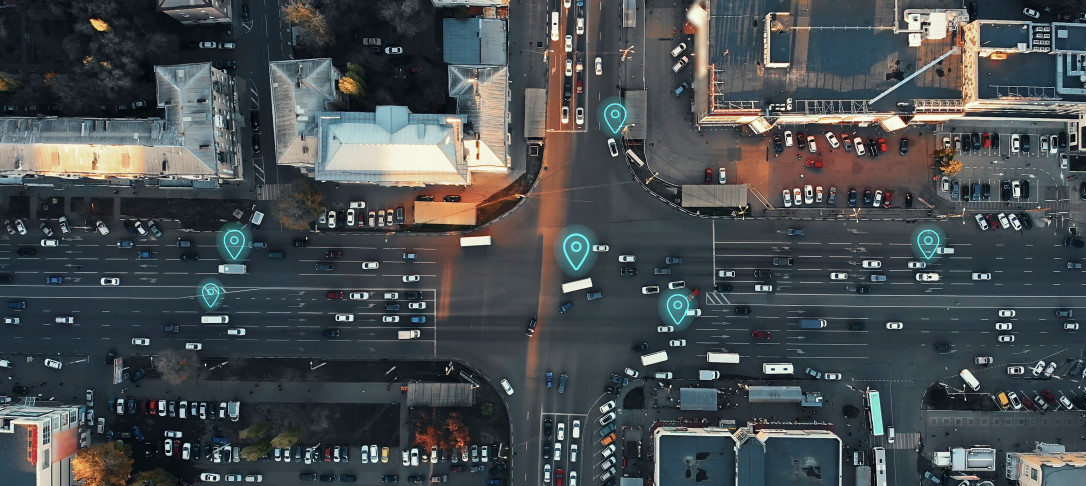
Society is increasingly dependent on Positioning, Navigation and Timing (PNT) systems to function, with those systems necessary for the functioning of many critical national infrastructures, public amenities, and defence interests.
Attacks on PNT systems by hostile actors or events such as geomagnetic disturbances could have global ramifications.
Join the Institute for Security Science and Technology for a panel event exploring the vulnerabilities of PNT systems, the opportunities for improving their resilience, and what their future might look like.
Held under the Chatham House Rule, there will be opportunities for engagement and discussion from audience members.
The event will be chaired by Professor Washington Yotto Ochieng, Head of the Imperial College London Department of Civil and Environmental Engineering and Vice President of the Royal Institute of Navigation, whose work includes the design of positioning and navigation systems such as Europe’s EGNOS and GALILEO.
Professor Ochieng will be joined by three speakers:
Stephen Benzies, Head of Emerging Technologies, Science Innovation and Technology at the Department for Transport.
Dr Paul Groves, Associate Professor at the UCL Department of Civil, Environmental and Geomatic Engineering.
Professor Julia Sutcliffe, Chief Technologist at BAE Systems and Honorary Professor in the School of Computer Science at the University of Manchester.
ISST Talks are hosted by the Institute for Security Science and Technology, Imperial College London’s hub for security research. These events convene thought leaders and relevant stakeholders to discuss grand challenges in security, with the aim of facilitating knowledge exchange.
About the Institute for Security Science and Technology (ISST)
Security is often only viewed through the narrow lens of conflict and war. Our mission at the Institute for Security Science and Technology is to challenge that perception and demonstrate the breadth and depth of a topic that touches everyone in society, wherever they are in the world.
Individuals, organisations and nations experience insecurity in diverse ways, ranging from scarcity of water, nutrition and natural resources through to economic hardship, political instability, health crises and exposure to hostile threats from criminals, terrorists and nation states. Our goal is to understand and solve these complex, interrelated global challenges through the development and application of world-leading science and technology; a hallmark of Imperial College London.
As our societies and infrastructures become ever more interconnected, slow formulaic security reactions will need to give way to predictive analysis, agility and continual learning. In an imperfect socio-technical world, we believe that science and technology guided by the values of inclusivity, stability, peace and equity for all, as described by the UN Sustainable Development Goals, is the best way to strive for global security and that these values are worth defending.
As humanity extends its presence beyond the surface of the planet, moves towards the birth of true artificial intelligence and harnesses the quantum scale, we are committed to working with the best minds from academia, industry and government who share our view that science and technology can deliver a more secure and resilient world for everyone.